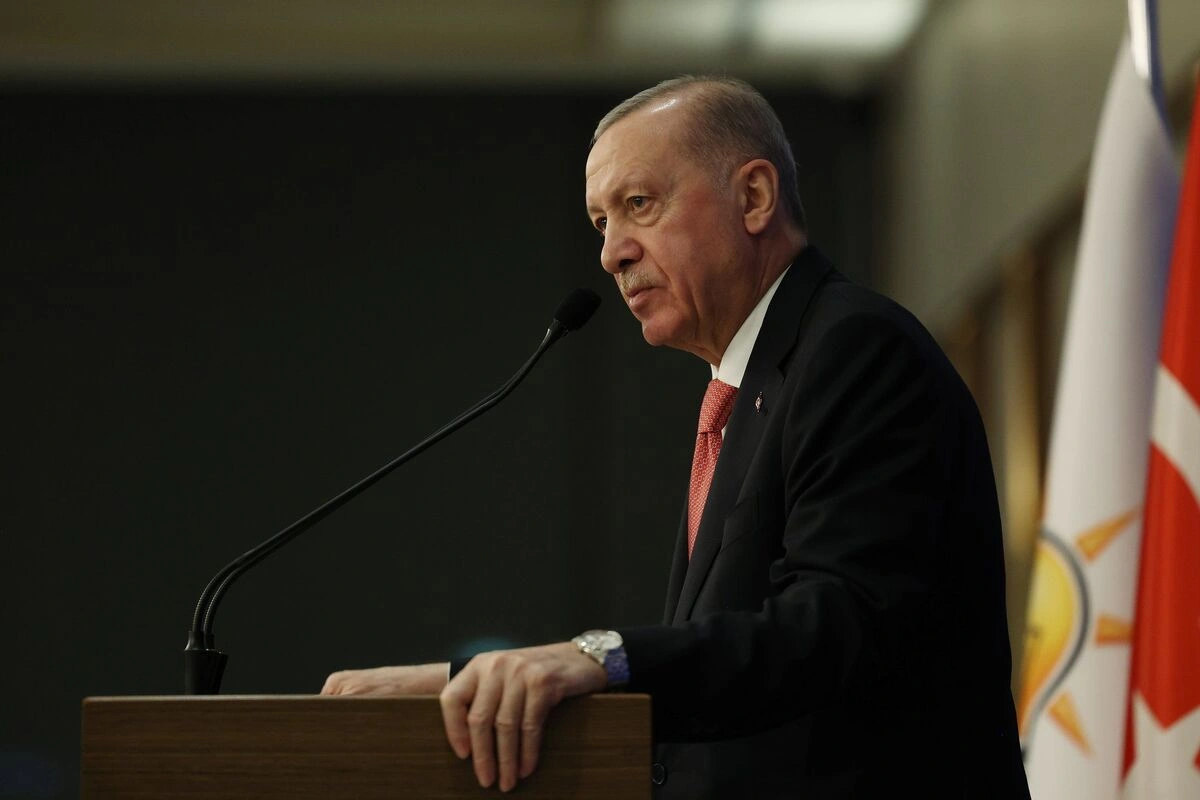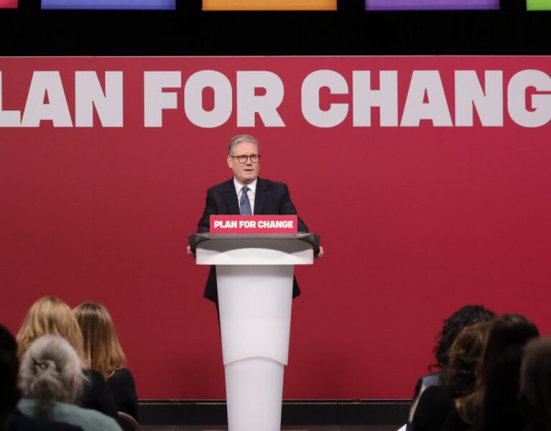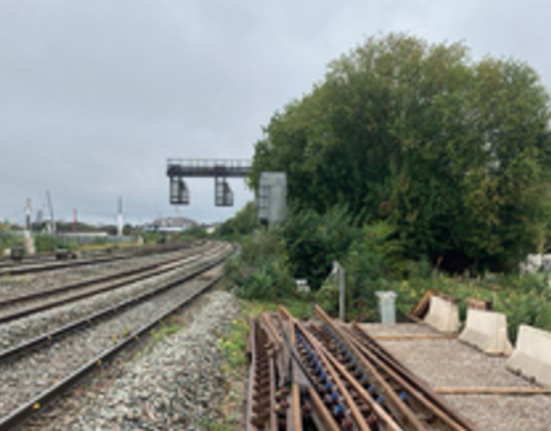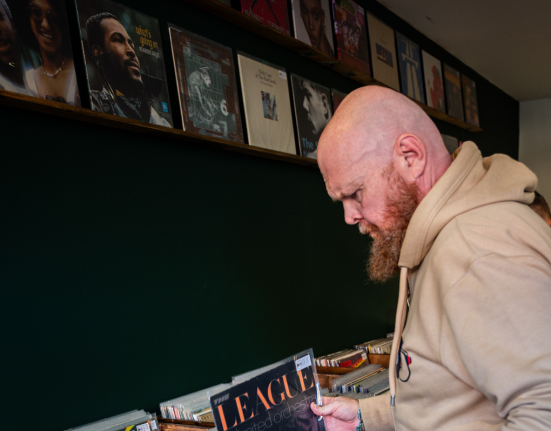The playbook is familiar: detain, deflect, deport. This time, it’s the BBC’s Mark Lowen cast as the foreign antagonist in Recep Tayyip Erdoğan’s carefully stage-managed theatre of control.
After daring to report on the mass protests erupting across Turkey following the arrest of Istanbul’s wildly popular mayor Ekrem İmamoğlu, Lowen was branded “a threat to public order” and unceremoniously shown the door. His crime? Journalism.
Let’s be clear – this isn’t about visas or border policies. It’s about narrative control. Erdoğan has long understood the power of the media – not just to inform, but to shape perception. And in this act, he’s not just silencing dissent; he’s sending a message to anyone with a notebook and an audience.
This isn’t the Erdoğan of the early 2000s, the reformer in a suit promising democratic renewal. This is the Erdoğan of 2025, wielding populism like a cudgel, cracking down on reporters, students, and his most threatening rival just as his grip begins to slip.
İmamoğlu’s arrest has rocked Turkey’s streets and its markets. It has triggered the biggest protests in a decade and forced the central bank to torch $25 billion in reserves just to keep the lira afloat. But instead of calming tensions, the regime is doubling down – jailing journalists, fining broadcasters, and now booting out the BBC.
The irony? These actions don’t weaken Erdoğan’s opposition – they electrify it. With every rubber bullet fired and every press pass revoked, the story gets louder. In trying to control the narrative, Erdoğan has amplified it.
To the outside world, this is a test of Turkey’s democratic veneer. To the Turkish people, it’s a warning wrapped in spin. But to Mark Lowen and journalists like him, it’s business as usual – another page in the long, dark chapter of press repression.
And still, the world is watching. Because truth, inconvenient as it may be, always finds a way to leak through the cracks.







